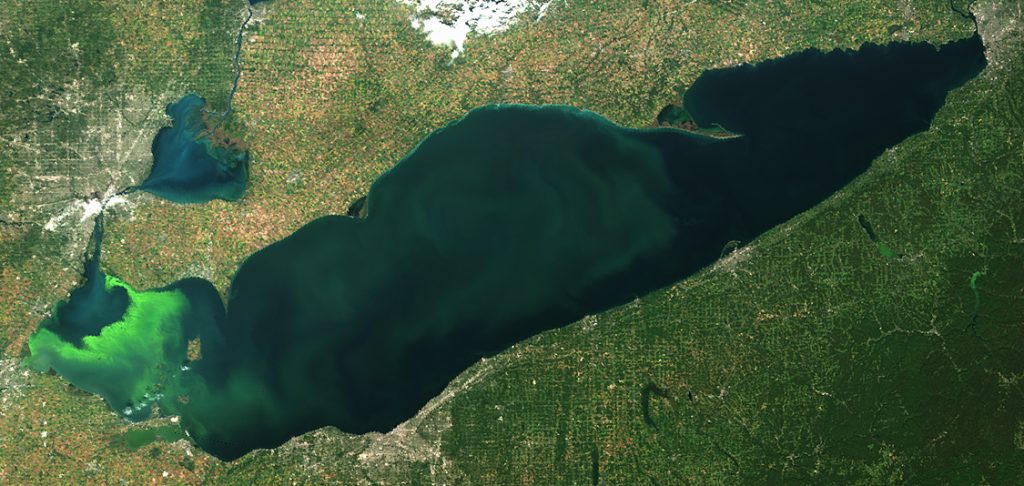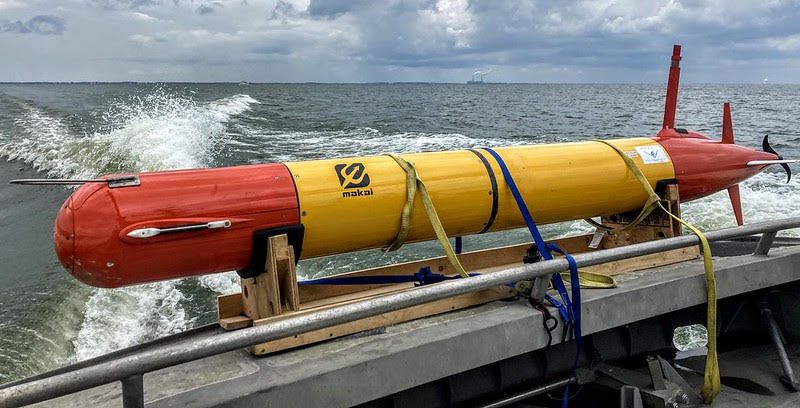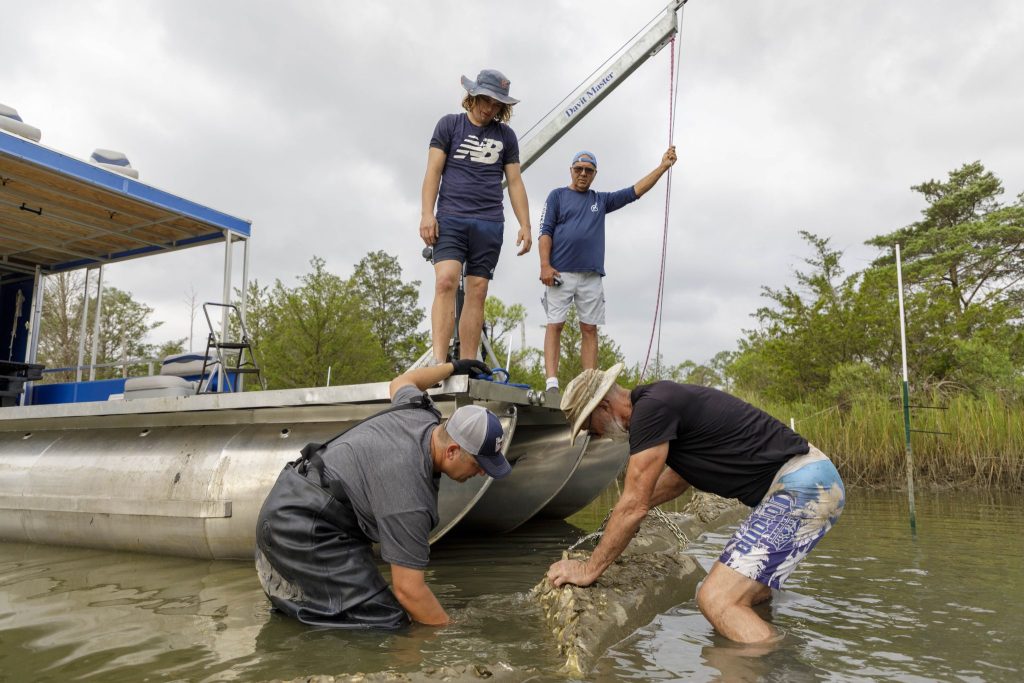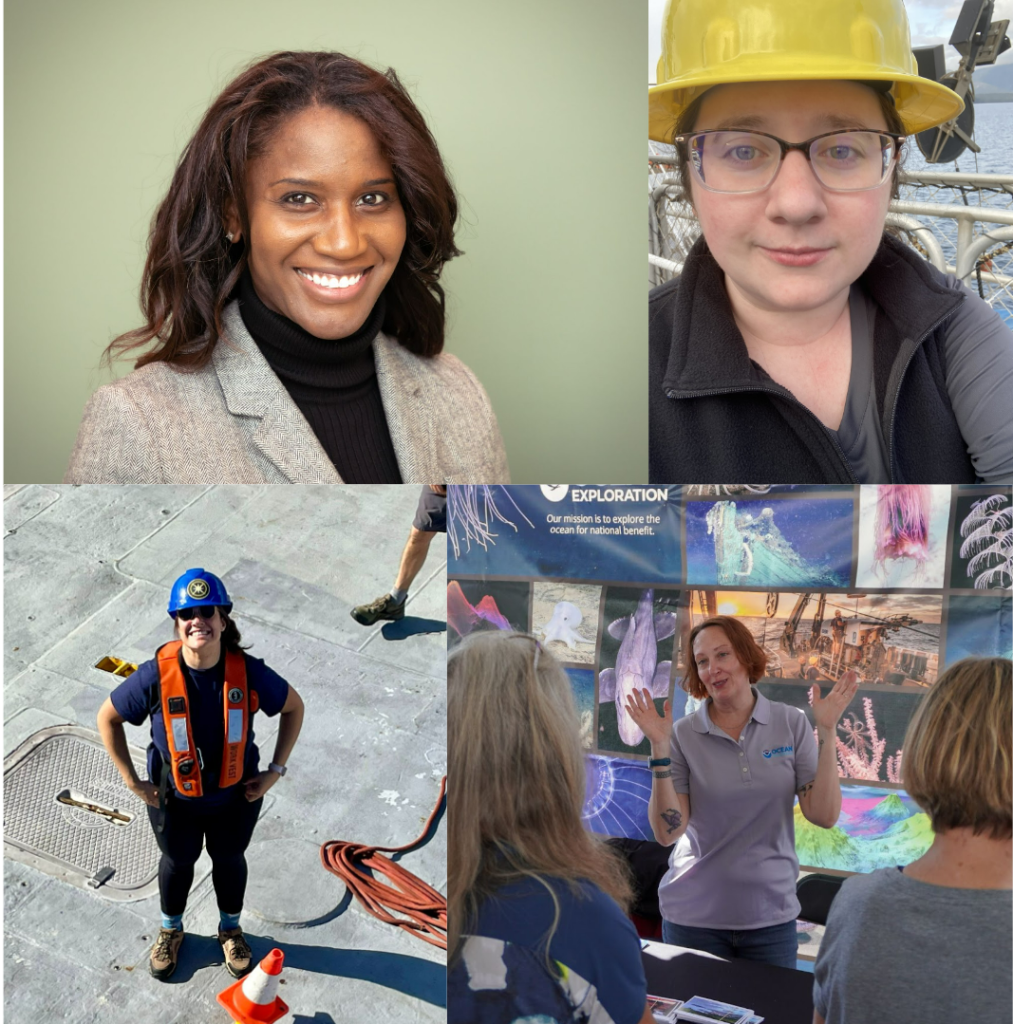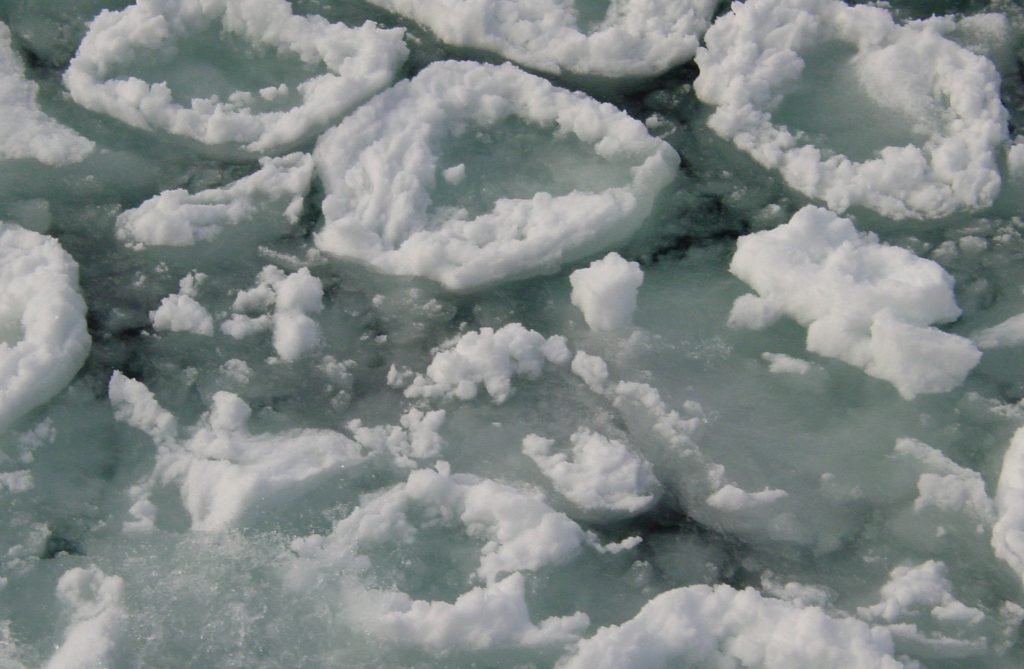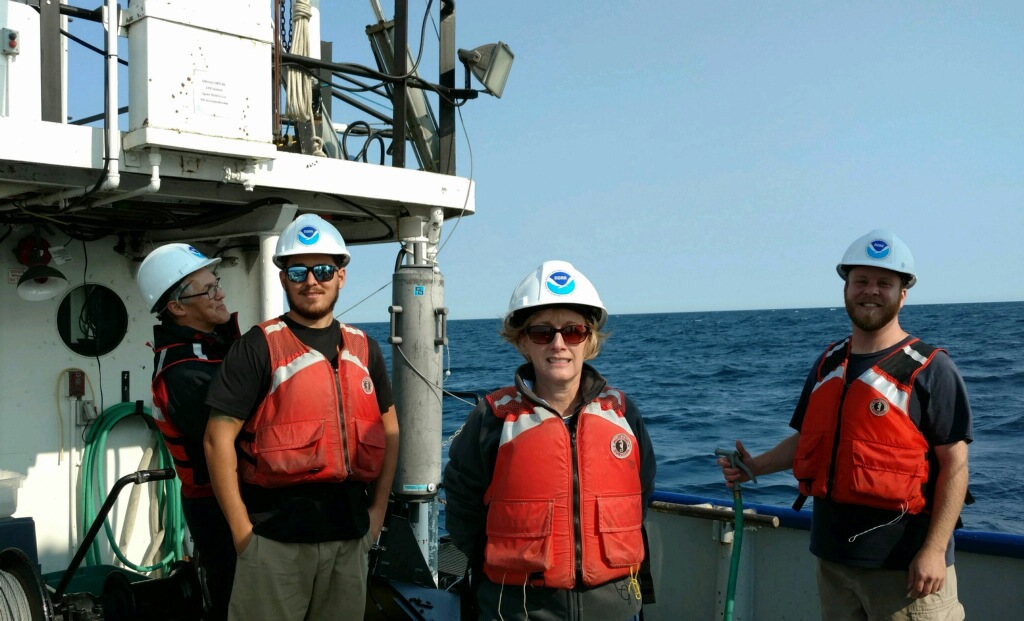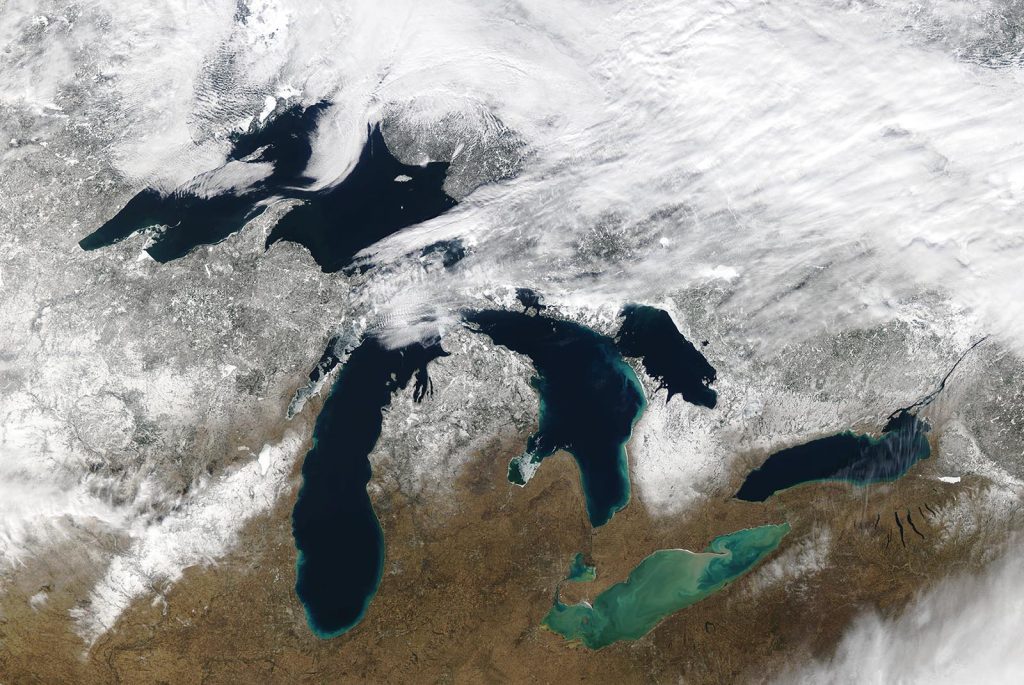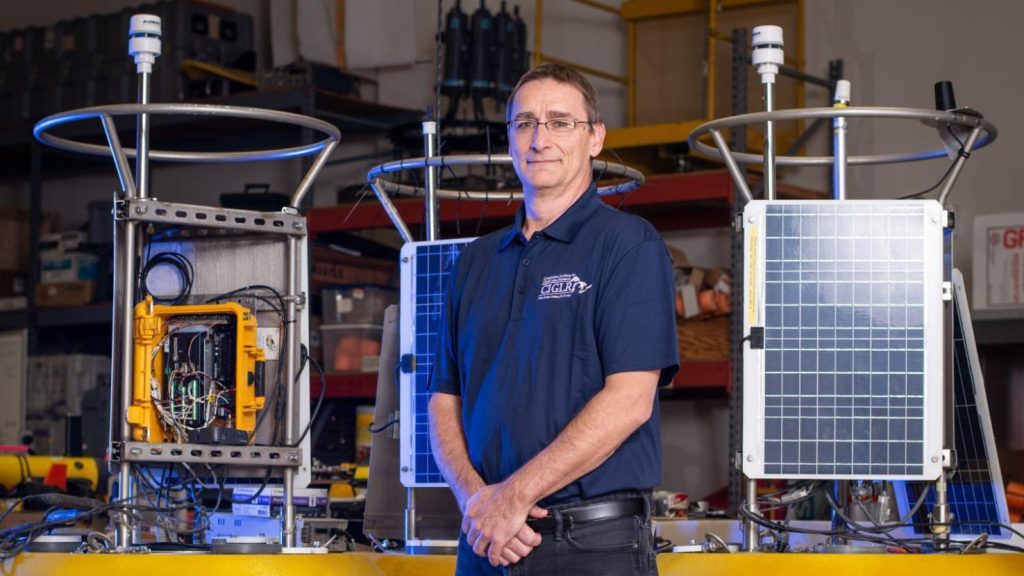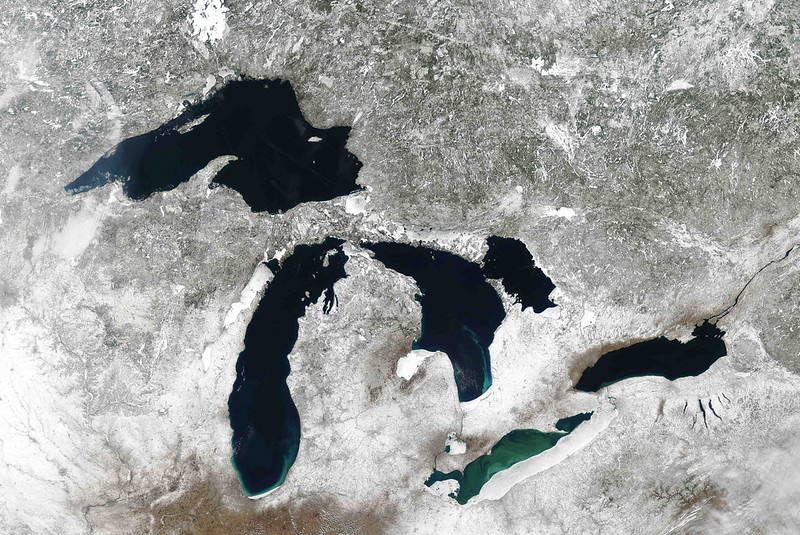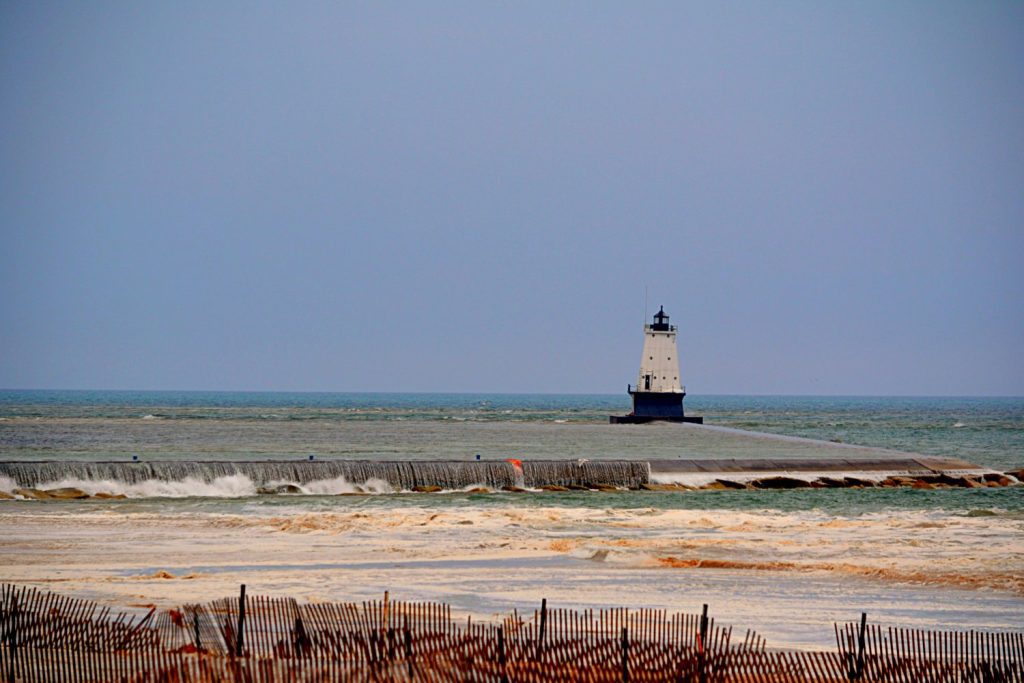New forecast tool provides advance warnings of low oxygen levels in Lake Erie
NOAA’s Lake Erie Hypoxia forecast is now fully operational In the early 2000s, scientists from NOAA’s Great Lakes Environmental Research Laboratory (GLERL) teamed up with […]
New forecast tool provides advance warnings of low oxygen levels in Lake Erie Read More >
